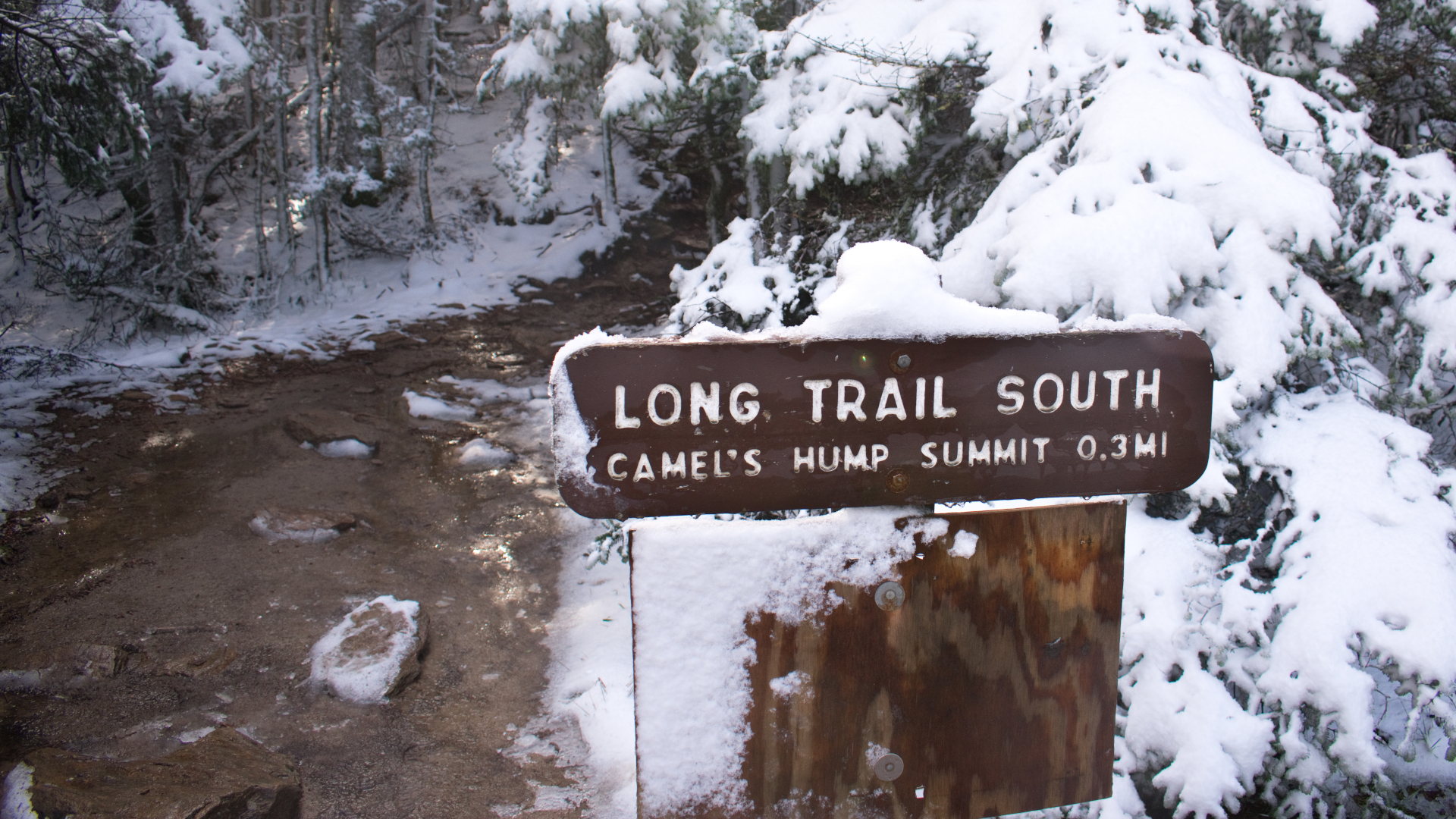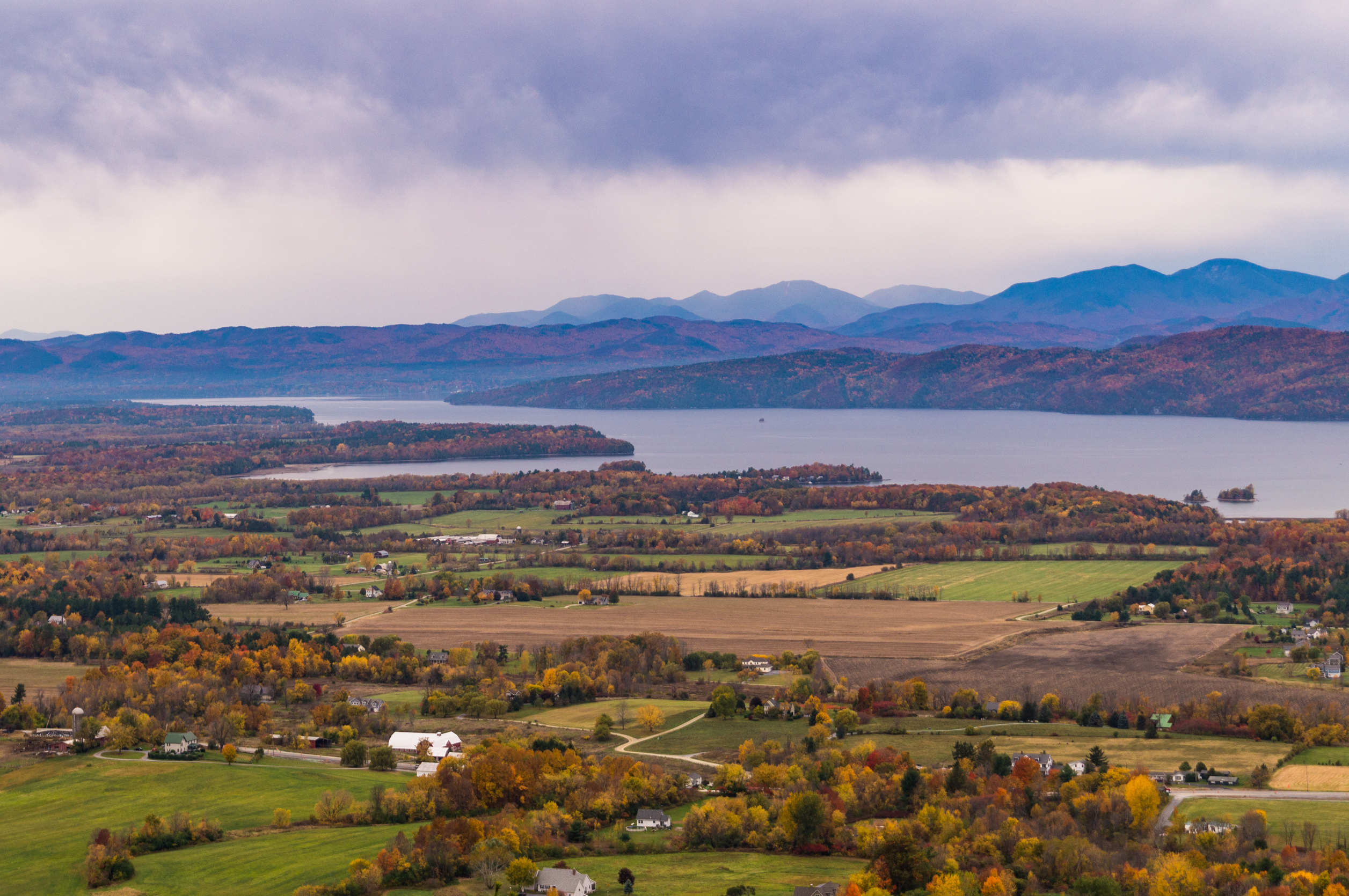"Do not expect a helicopter to rescue you. It will not happen" – mountain rescue begs for caution during solar eclipse
Mountain rescue teams are concerned that the surge of hikers combined with winter conditions and the timing of the eclipse could spell disaster on Monday

With Monday's total solar eclipse looming, it's no surprise that many people who are within traveling distance of the path of totality want to get their hiking boots on and enjoy it from the wilderness. The sheer volume of people expected to hike combined with current conditions and the timing of the eclipse have concerned mountain rescue teams in the northeast urging people to rethink their plans, however.
In recent days, Vermont's Waterbury Backcountry Rescue Team has released a statement on Facebook begging people to avoid high or remote areas on Monday.
"We strongly advise against any such venture during the forthcoming solar eclipse," writes WBRT, explaining that several trail systems remained closed, including the Green Mountain Club hiking trails and Camel’s Hump Road, both to deter hikers and due to current conditions.
Though the weather forecast for the state on Monday is set to be sunny and in the 50s, rescuers warn that up high, things will look a little different. Recent snowfall in the area is likely to mean treacherous conditions in mountain areas and officials warn that hiking in these areas requires caution and preparation.
"The trails will likely be icy, snowy, muddy, and extremely difficult to navigate. Slippery conditions will increase the likelihood of falls and injuries. Given the unpredictable nature of Vermont weather in early April, any injury or illness could quickly escalate into a dangerous situation."

Furthermore, in an interview with Vermont Public Radio, Stowe Mountain Rescue team member Tom Rogers says that because the eclipse will begin at 3:26 p.m. in Vermont, there is concern that backcountry hikers could quickly find themselves out in the dark when the show is over. The number of hikers anticipated on the day is adding to the mounting pressure on rescue teams.
“The influx of people that they're anticipating is pretty daunting,” says Rogers. “With that many people, all it takes is a few accidents and rescue services can really get backed up.”
All the latest inspiration, tips and guides to help you plan your next Advnture!
Naturally, there will be people who decide to ignore the warnings and hike anyway, and for those hikers, WBRT advises that you "plan your own rescue" as roads throughout central Vermont will likely be blocked for hours or possibly even for days.
"It may be impossible for rescuers to get their gear to the trail in anything like a normal time frame. Do not expect a helicopter to come and rescue you. It will not happen. This is not TV."
Your safest option is to enjoy the eclipse from a lower-lying area. If you're venturing anywhere there might be snow or ice on the trail, you should be equipped with crampons, winter clothing, a headlamp and an emergency shelter in case you have to spend the night.
Julia Clarke is a staff writer for Advnture.com and the author of the book Restorative Yoga for Beginners. She loves to explore mountains on foot, bike, skis and belay and then recover on the the yoga mat. Julia graduated with a degree in journalism in 2004 and spent eight years working as a radio presenter in Kansas City, Vermont, Boston and New York City before discovering the joys of the Rocky Mountains. She then detoured west to Colorado and enjoyed 11 years teaching yoga in Vail before returning to her hometown of Glasgow, Scotland in 2020 to focus on family and writing.

